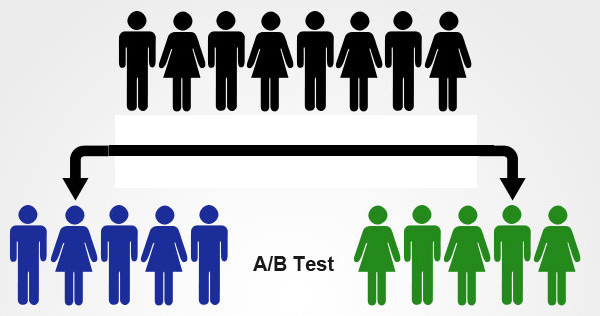
A team of researchers examined 2,101 commercial experiments facilitated by A/B splitting tools like Google Optimize, Mixpanel, Monetate and Optimizely and used regression analysis to detect whether p-hacking (previously), a statistical cheating technique that makes it look like you've found a valid cause-and-effect relationship when you haven't, had taken place. (more…)



